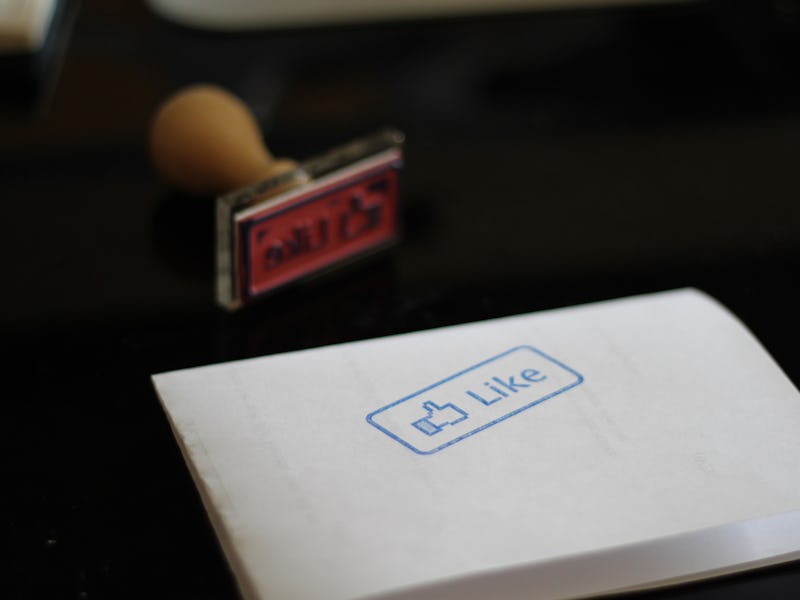Facebook 'Likes' Sway Public Opinion of Politicians
A University of Delaware study finds perceived Facebook popularity can attract votes IRL.

A politician’s “likes” on Facebook can boost the public opinion of her, a University of Delaware study has found. While researchers gathered people’s impressions of a fictitious candidate, they say the findings could explain voter behavior, as people respond favorably to what their friends post about a candidate.
People who participated in the study were shown a made-up candidate’s Facebook page. Some saw two supportive (and also invented) comments, while others saw two negative comments. Those who saw positive comments and numerous “likes” had a more favorable perception of the candidate and said they were more likely to support him, while those who saw negative comments recorded unfavorable perceptions, according to the study published in the Journal of Experimental Political Science.
“This showed that people trust comments from their peers more than they trust self-generated comments from the candidate,” Paul R. Brewer, a professor at Delaware and the director of its Center for Political Communication said in a release. “It’s the idea that what other people say about you is genuine, perhaps unlike what you say about yourself. So comments from some random person on the internet do shape citizens’ perceptions.”
Facebook can be a mighty conduit in politics. It gives users the impression — sometimes rare in politics — that they’re interacting with a candidate. “It’s not one-way, like traditional political advertising,” Brewer said. Instead, Facebook relays the perception that the public, even an anonymous public, can respond directly to what a candidate says or does.
The study seems to reinforce the idea that candidates should devote resources to keeping up their Facebook pages, pruning negative comments, and encouraging positive ones.
May sound crass, but what’s new there.
“Candidates have long used carefully orchestrated social cues, from endorsements to photo opportunities to stage-managed public events, in their efforts to persuade voters that they are riding a wave of popular support,” the journal article concludes. “The increasing use of [sites such as Facebook] provides candidates and other actors with new tools for projecting images of popularity or unpopularity in ways that may carry electoral consequences.”
What remains to be tested is how party identification might affect the results. The fictitious candidate’s political affiliation was not given in the study.